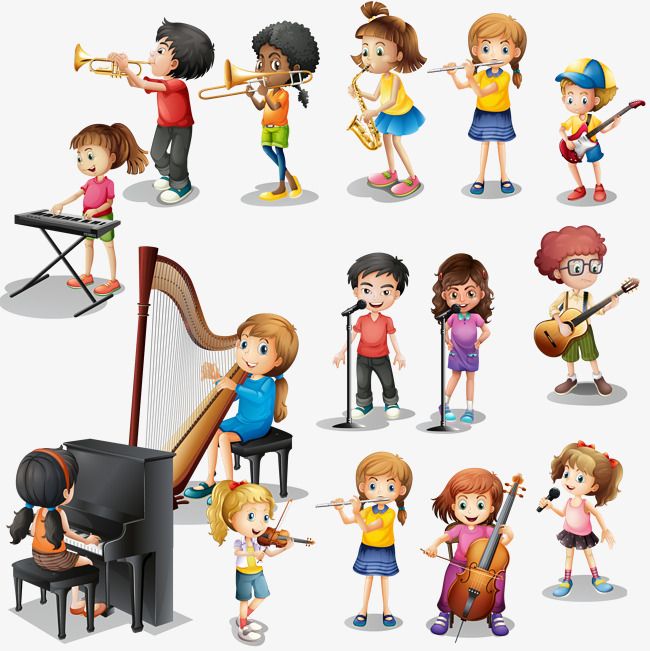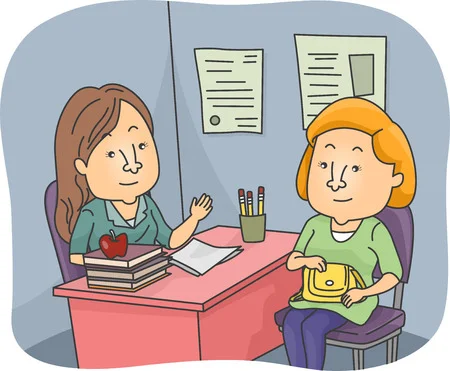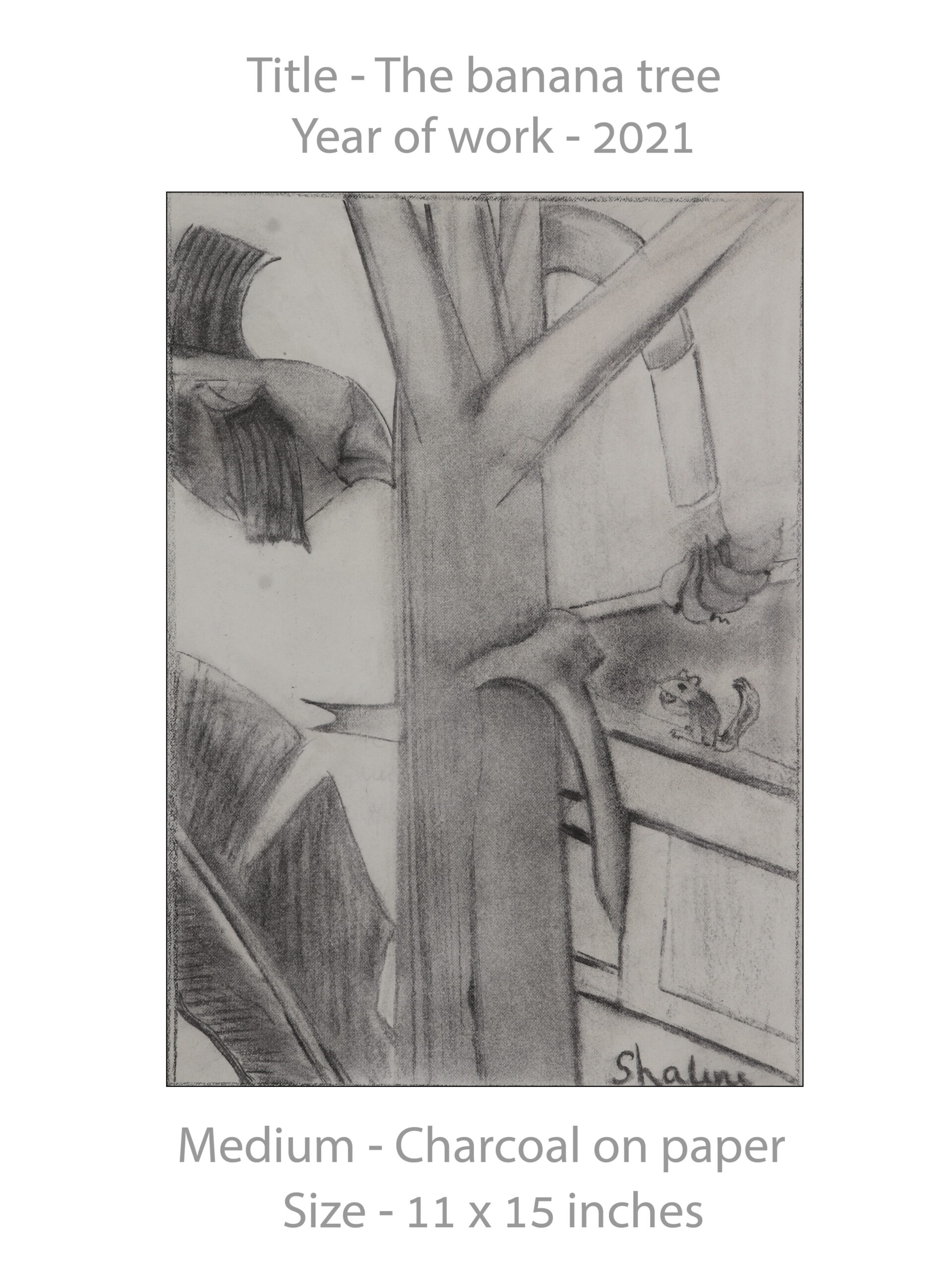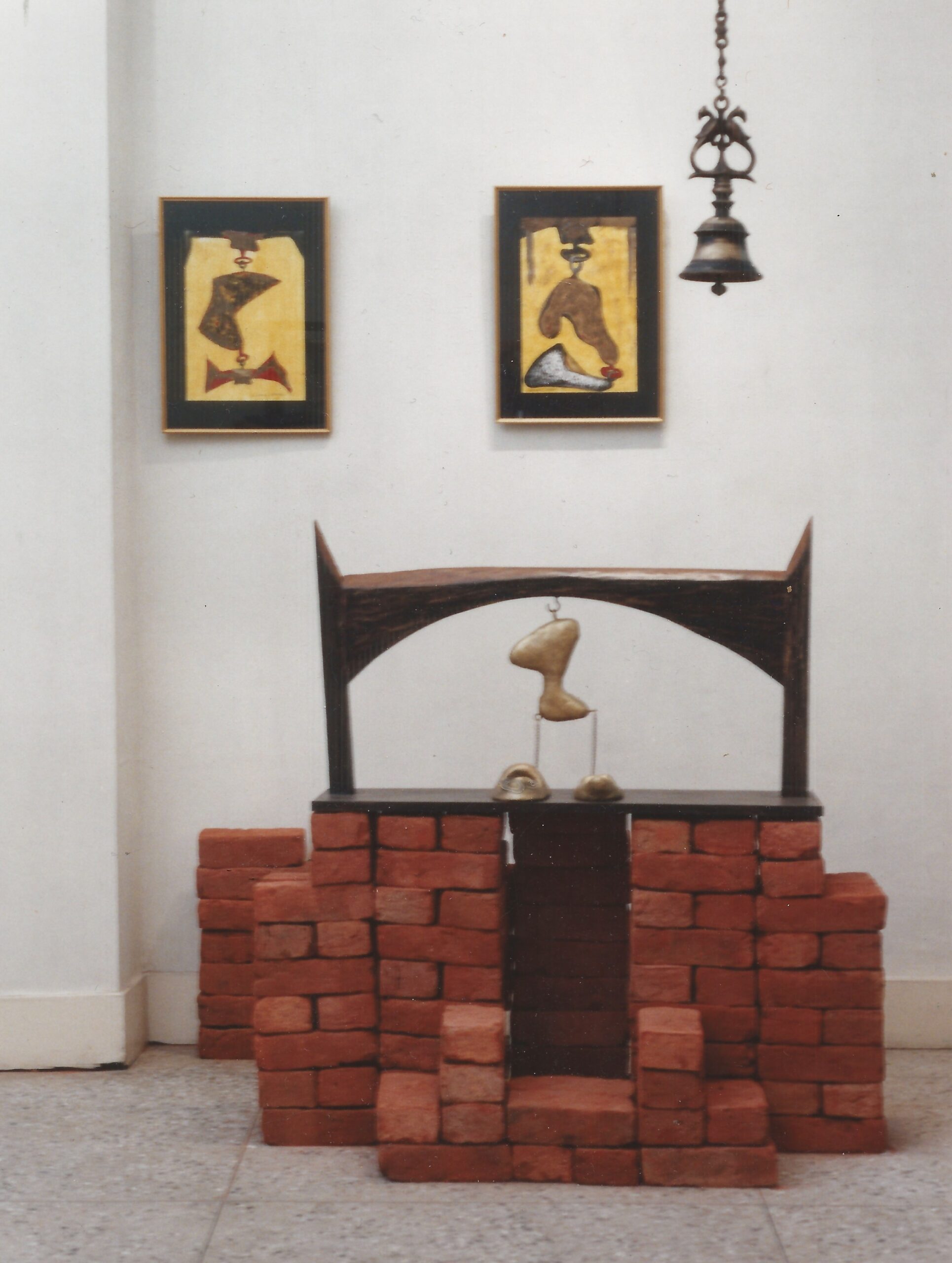Playwriting for Children
Its 2017, a time to retrospect in the new year and yet bask in the old. I was rummaging through my old files on the internet and came across a few plays I had written for children. It was both enlightening and amazing to see the play across the screen, I re read them renewed interest…yes they spoke…I could see the language across the stage, the actors and the magical sets with the green yellow hues across the stage and the twinkling lights. Each one of the childrens’ plays that had been written by me made sense to me and the actors. It made me wonder if they were worth publishing and whether it would be liked by others. I was just not sure, since such few plays are actually published and find their way into the market.
So essentially what makes a good play script for children? What makes it “tick”? What will create an market for the scripts to be published. This reminds me an incident that made me realize what “ not to do “ in a children’s play.
In my early years of my career as a theatre person I was teaching drama for children between the kids of 8-14 in a prestigious school in Gurgaon. The principal, a very uptight and proper person requested me to write a script on Mother’s day. I was excited since I really had not written much before it would be challenging to write something that was interesting enough to watch. I decided to write a script set in contemporary Urban India, a place like Gurgaon and then use an ancient time period as the main episode in a flashback. So I decided to show the changes in time by changes in the way we speak English. After much deliberation I decided to use slang and words like “ cool” “ dude” “ yaar” etc in my script. I thought I had created a masterpiece. Actually I was quite delighted.
I was surprised that the principal called me to her room, I was confident that she had liked the script so much she wanted to congratulate me in person. As soon as I walked in, she seemed a trifle upset and set the script before me. I was shocked to see my entire script covered in huge red circles. Cuts and cross marks all across the page. It looked like my the results of class tenth maths exam paper. Each of my contemporary words had been circled and crossed out. I was indignant..all I could say was “ why…”. She sternly told me how improper my English was and how I could no use such words. She insistent that I choose not to use any colloquial language in my script since “ it would spoil the vocabulary of the children.” I tried to reason out with her that since the play was set in urban Gurgaon the actors had to use such words. But my protests was put down by her adamant refusal to see reason.
That incident made me realize that something was wrong in the way people understood children’s scripts. They read it through the spectacles of an adult and forget that they are first and foremost plays meant for young actors. Hence plays written for children need not follow rules of grammar and conventional usage of speech. Neither they need to make sense, for example, in the musical Wizard of Oz, the girl is thrown a tornado and her whole house is lifted in it. Charlie and the Chocolate factory we see Agustus Gloop being thrown into the rubbish bin by squirrels. All they need to be is appealing to the child and the adult viewer. They need to interesting! In all my plays that I have written for kids, I have only kept the child in mind and shall continue doing so
I would like to end this by only giving the 10 golden pointers to be kept in mind while writing children’s plays.
1) Do not be afraid of using contemporary language and one can even throw in few phrases in Hindi, if the need be. Make it Hinglish if you want.
2) Children love comedy. They might not have the same taste as adults and might find things like “ farting” “ throwing up” comic. Add them to the script, they just add to the flavour. Please do not become prudish.
3) Another thing that fascinates children is the idea of mystery and surprise, you can use them too.
4) One should avoid, small sentences. We sometimes like to say a lot when we try and explain things. For eg. If a child has to say, “ ma I will back soon.” He can say, “ ma I will be back soon…please don’t die worrying don’t go out me and ringing up all the neighbours and searching for me all over the block. I will be back by 7 and that’s a promise!”
5) Do not worry about repeating yourself. For eg. Son says, “fine”. It can be; son says, “ fine ma…ma fine…are you listening FINE!”
6) Do keep it in mind that adults will also watch your show, so you can throw punches at them which might make them laugh. For eg. Son: Ma, why do all mothers have to say that you must eat dal, roti chawal…why can’t they say we will make healthy home made pizzas for dinner tonite! OK I DONT MIND EATING A DOUBLE CHEESE PIZZA WITH BROCOLLI TOPPING!!!
7) Don’t be eager to finish the script in 3 pages, any good script should be at least 10 pages long, 12 font roman single spaced.
8) Dont forget minor characters…please don’t make children into trees and make them wave their hands in the air doing nothing, make it interesting like a “ old white haired talking tree” or a “ saucy sarcastic cactus”.
9) Do add a song or a jungle or some silly rhymes they make the script more readable and watchable.
10) Last but not the least, enjoy the task…and forget daunting principals…goodluck!!!














You got the pulse of young minds and their psyche, Gauri. Grammar and English they will get it right and good as they grow, but the fun of speaking Hinglish would be an integral part of young India. Every living language is dynamic and must undergo changes and adopt. You keep writing your style.
Nice play for children
Amazing Gouri, you rightly pointed there is no specific language when it comes to sharing emotions, eye opener for educators teachers and adults to say, it’s ok give more place to expression than language corrections.
Jyothi Manjunath
Eduprenuer, Early Childhood Educator and Counselor.
The Learning Tree Preschool daycare activity center Sadanandanagar Bangalore
Thanks for the insight! Well written!
Nicely explained. From my practical experience I can say that it is a very well explained and will serve as a guide for play writing for children. I had scripted and directed two plays and used the techniques you have detailed.
God bless you